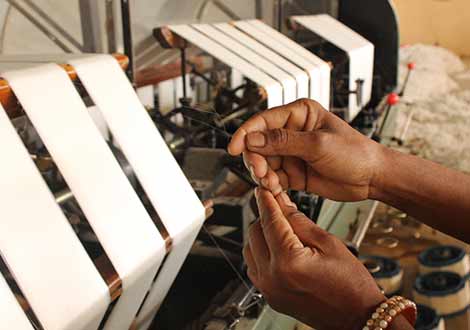The Silken Threads Smoothening Her Path
Story & Photos by Souparno Chatterjee
“Mai nahi jaungi apne maike, yahin rahungi aur ghar ki saari zimmedari uthhaungi,” said Sulanta.
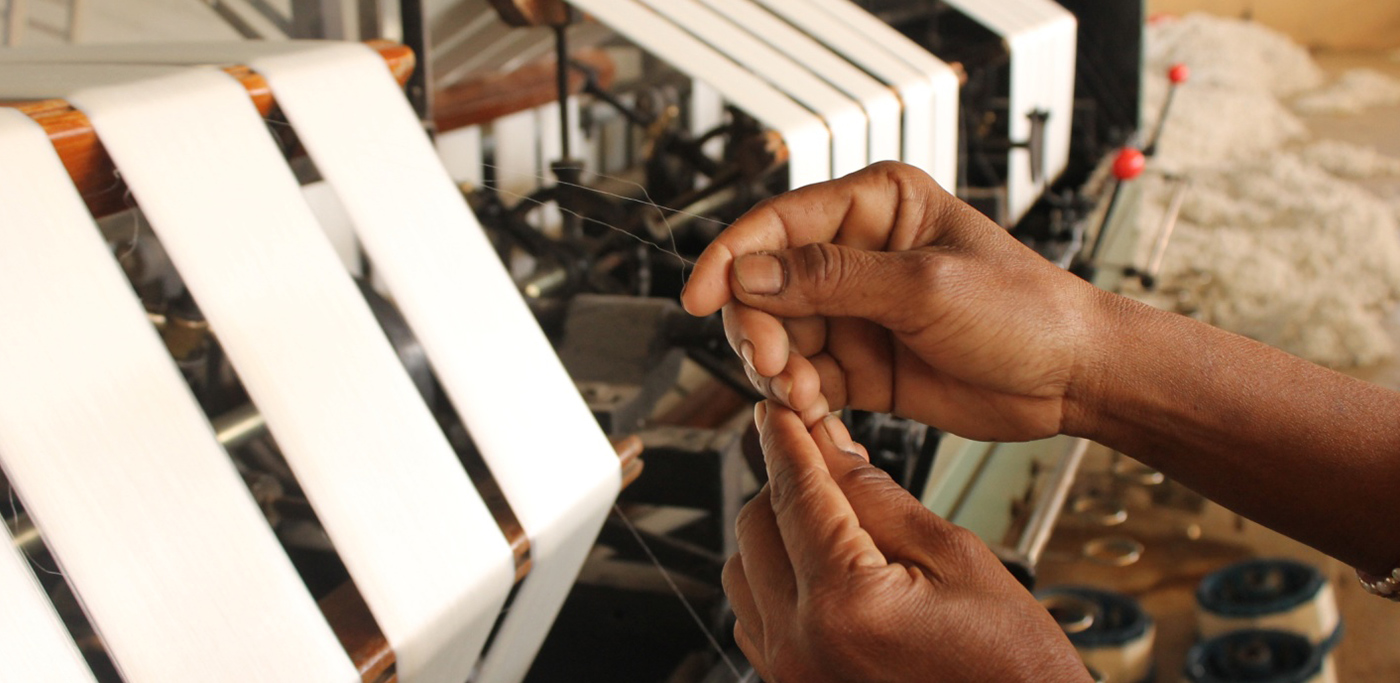
Sulanta Uikey had nothing to worry about when Ramesh, her husband, was alive. Ramesh took so much care of her and the entire family, that apart from some routine work at their 2.5 acre farm, Sulanta never felt the need to step out of her home. With three children, her mother-in-law, and Ramesh, it was as if Sulanta was living the ‘married-life’ of her dreams in a small village called Rampur Mal in Betul district of Madhya Pradesh.
Ramesh used to work as a Panchayat Secretary and also would take up labor contracts at construction sites. He died of a cardiac arrest five years back. With his untimely demise, the income of Rs. 100,000 a year stopped coming to their household. Sulanta used to sell a portion of her farm produce (wheat and chickpea) and earn Rs. 20,000 a year.
“Mai ye soch kar roti rehti thi ki ye parivar kaise palungi? Bahar jakar kaam kaise karungi kyunki ghar se bahar kabhi nikalti nahi thi. Ghar se khet aur khet se ghar hi jati thi bas.”
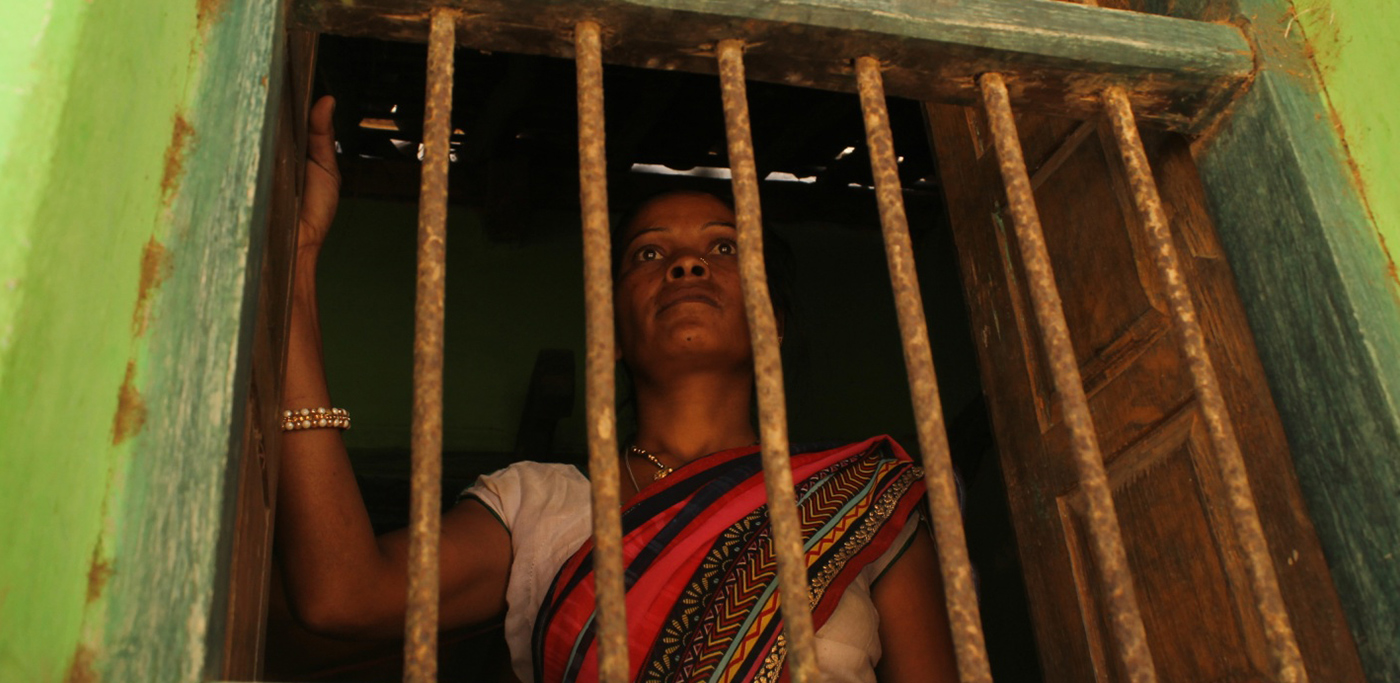
Soon, the time came when they were on the verge of skipping dinner.
“Mera beta chala gya hai, ab tu bhi apne maike wapas ja. Ye zameen mai apni beti ke naam kar dungi”, said the mother-in-law after Ramesh’s death.
But Sulanta decided not to move out of her in-law’s house and bring-up her children by staying there. To do that, the bare minimum amount Sulanta needed was Rs. 5,000 per month. Her elder son was studying in a private school where the fee was Rs 15,000 a year. He was living a dream to become a medical practitioner. Sulanta knew that she would need more money to realise his ambition. The younger children attended the local government school adjacent to the panchayat office. “Unke liye zyada kharcha to kuch hai nahi” she sighed with relief. But the burning question remained how would she manage Rs 5,000 a month?
Her father and brother, who both were teachers in local schools, came to her help. For the next three and a half years they took up the responsibility of the children’s education and to a certain extent their family expenses.
“Meri saas ke tane aur meri sharam, dono hi bad rahe the har mahine. Mere paas apni zid ke alawa aur kuch bhi bacha nahi tha. Babuji paise dene aate the, to unke samne ro padti thi mai. Aansu unki aankho me bhi dikhte the, par woh kuch kahe bina wapas chale jaate the” Sulanta’s voice chokes even today as she recollects. Each and every day seemed like one long year.
It was not until the Satpuda Women Silk Producers Company Limited, a mulberry-silk spinning and reeling factory was set- up in her village, that Sulanta could find an answer to her problem. A few of her neighbors, with guidance from professionals of PRADAN, were involved in mulberry-silk rearing since quite some time. Six months back, they came together to set up this mulberry-silk spinning and reeling factory. The owner of the land where this reeling factory is established happens to be a relative of Sulanta. While hiring workers for the factory, he also referred Sulanta’s name. She did not know how to make silk-yarns from bobbins. So on joining the factory, she learnt the skills of reeling. And the best part of this learning phase was they paid her Rs. 3,000 every month!
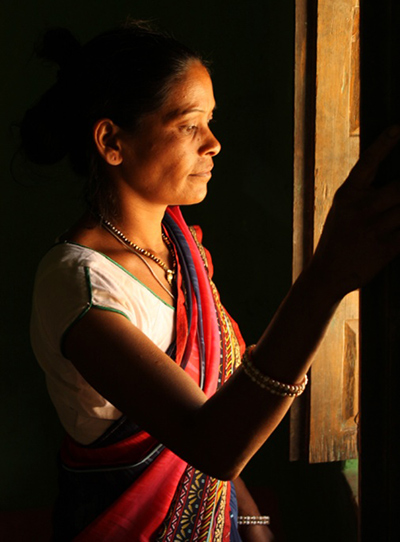
Reflecting back to the time when she had just joined, she says, “Mujhe darr lagta tha ki ye kaam main nahi kar paungi par trainer didi mujhe ache se sikhayi aur mujhme vishwas jagayi.” She had seen some of the toughest parts of life. With support from her tutor, Sulanta could feel a formidable change within her ‘self’ which was never experienced before. She was finally gaining ‘confidence’.
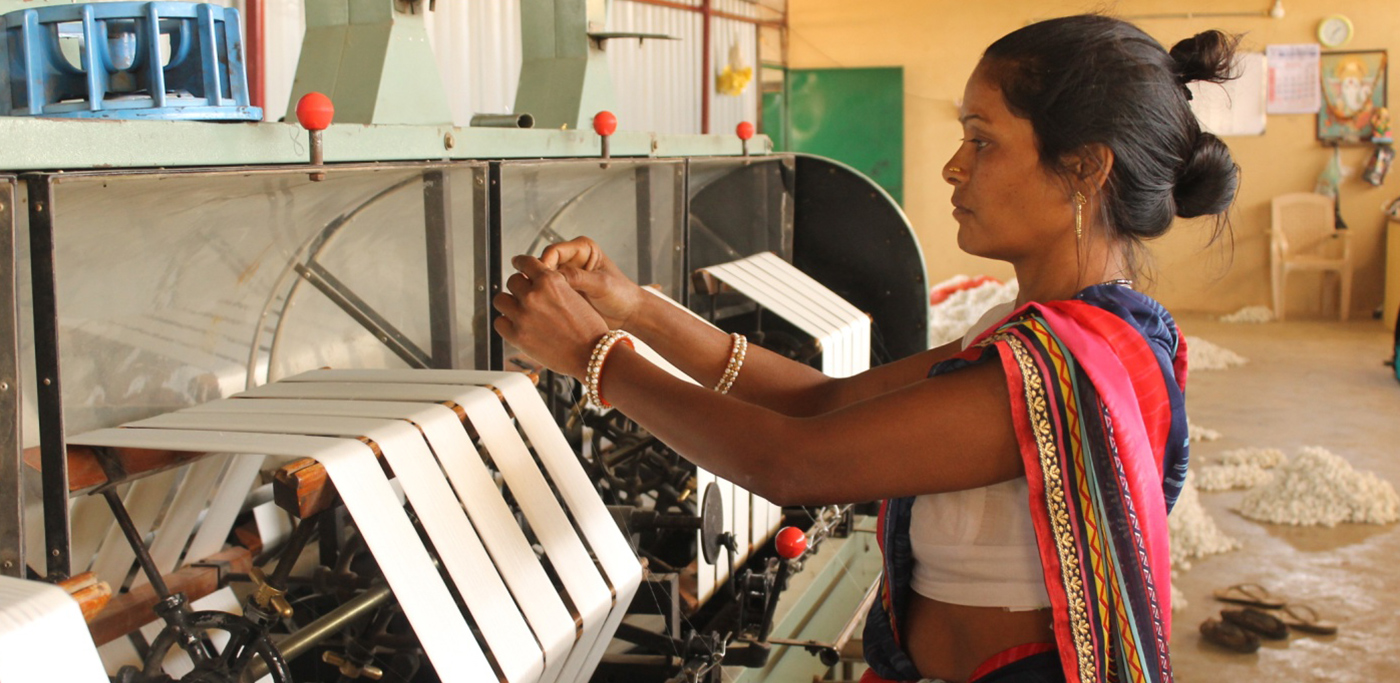
Now-a-days, Sulanta wakes up even before the rooster crows. She does all the cleaning work, cooks food for all the five members of her family and comes to the factory at 9 a.m. and continues reeling silk yarns until 6 p.m., with an hour of lunch break in between. The work at the factory will help her earn an income of Rs. 4,000 to Rs. 5,000 every month.
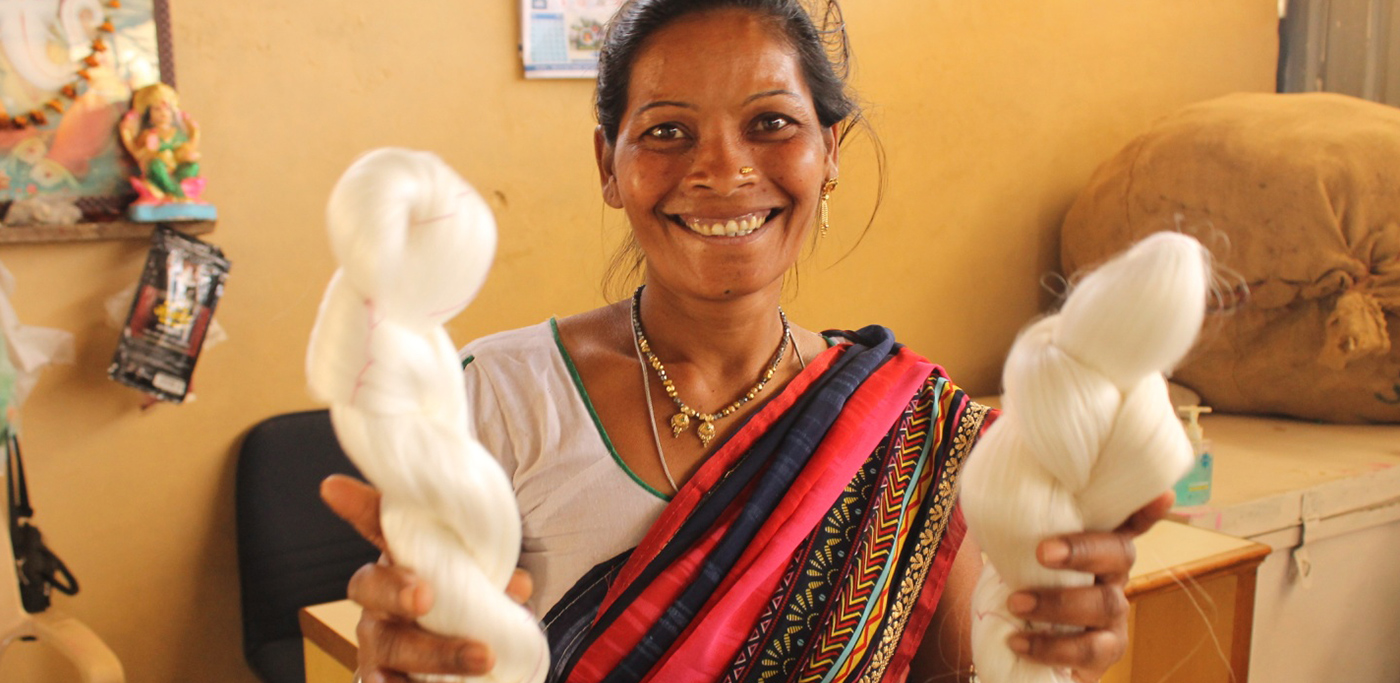
It is true that she cannot find the required time to look after her farm any more. But Sulanta has employed a laborer last Kharif to do her farming. Earnings from the farm have continued to supplement her income from the Satpuda Women Silk Producers Company Limited. Sulanta is working hard to further increase her income from the factory. Her eldest son is about to enter the medical college.
“Mera beta chala gya hai, tu bhi apne ghar ja. Ye zameen mai apni beti ke naam kar dungi” said her mother-in-law after Ramesh’s death. But Sulanta decided to not move out of her in-law’s house and bring up her children by staying there. Albeit, she had the least idea about how to face all the challenges that life would throw at her. In fact, she had no clue how to earn the bare minimum to support her children, her ageing mother-in-law and her own self.


